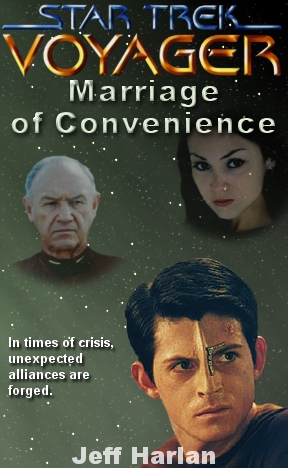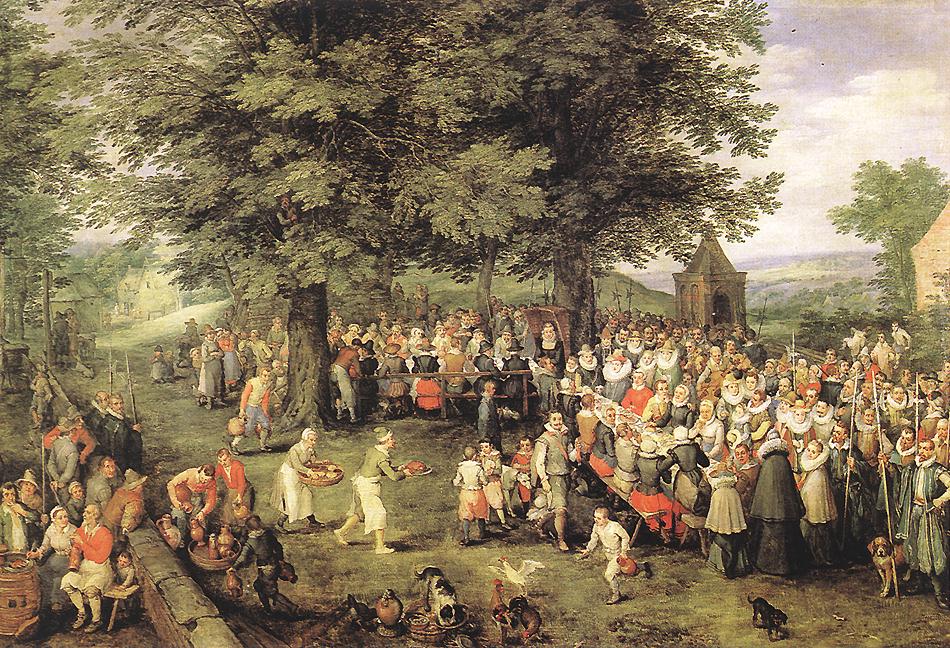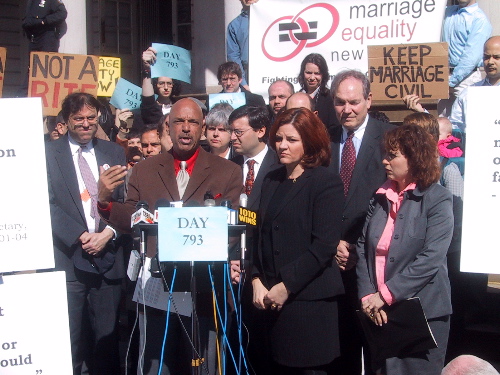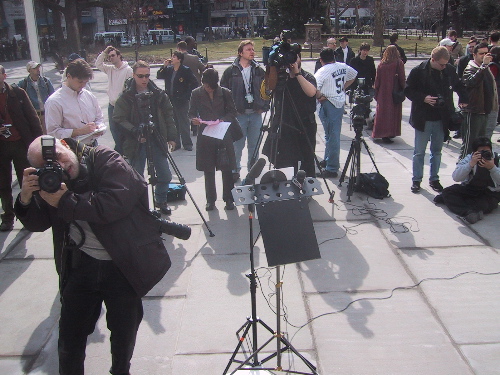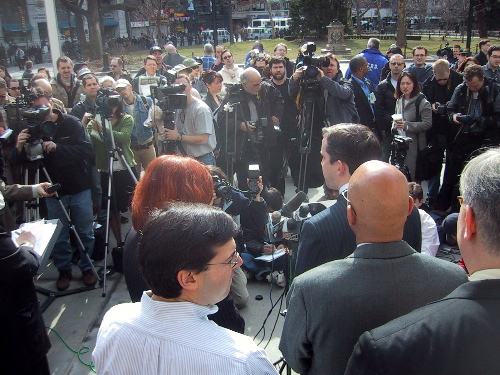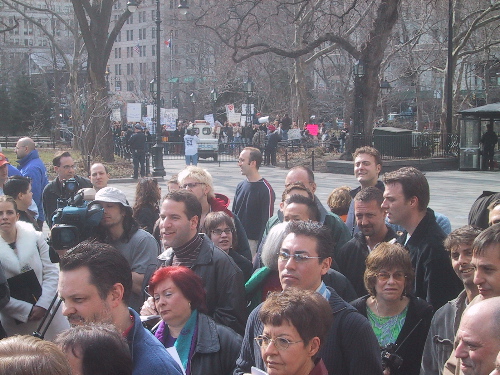On page 3 of today's Washington Post the paper's New York Bureau Chief, Michael Powell, does a great job covering those within the lesbian and gay community who are sceptical of or even seriously opposed to the campaign for same-sex marriage.
If we had gotten reportage of this quality, this prominently and this timely when the AIDS epidemic first appeared 23 years ago the entire world would look very different today.
Not incidently, because so many of its most creative and energetic minds and bodies would have survived, queer activism would have created a different playing field by now, and Michael Powell's piece would itself be very different - if not unnecessary.
Today's reality however is that many of us are clamoring for equal marriage rights. But not everyone is interested in marriage, and its privileges should not be exclusive. We could instead be building new forms of relationships for everyone, and ensuring that society offer to all of its members, regardless of the nature or even the existence of affectional ties, the benefits they are due.
Powell did his homework, and the list of those he spoke to is pretty impressive. Somehow I was included [damn, you never get the quote you wanted], but I'm sure it was only because of a post I made three weeks ago.
One of the most thoughtful statements is that from Alisa Solomon.
"It's the tension between the liberationists and the assimilationists," said Alisa Solomon, a professor at New York's Baruch College and writer for the Village Voice. "Our side made it possible for more conservative gays to come out of the closet, and when they did they brought a more conservative politics and culture to our movement."And jumping back to the ghosts of dead activists - and some of their heirs, überactivist Bill Dobbs has the last word in Powell's article.Solomon, like many gay rights activists, argues for redefining all marriages -- homosexual, heterosexual -- as civil unions. This would provide the legal protections that come with marriage, from health care to taxes to adoption, without the emotional and cultural freight. "The queer marriage movement needs a divestment campaign," Solomon wrote in the Village Voice. "The only way we will win is if the state's authority to pronounce is stripped from the ministers, rabbis, imams and priests."
He leafed through the photos of the gay marriages these past weeks. There wasn't a nose-pierced, pink-haired, breast-tattooed transgressive transgender queen to be seen. He has a nightmare vision of what the future holds."We're going to just put the photo of our spouse on our desk at the law firm and represent some Fortune 500 corporation," Dobbs said. "We're not going to threaten to rearrange your finances or change your world in any way. That's not my gay movement."
